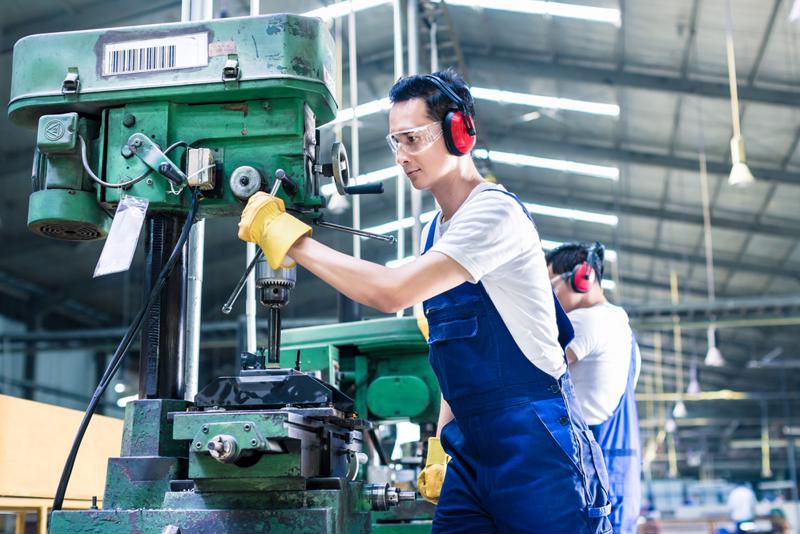But more than a year and a half later and with tens of millions fully vaccinated, the supply chain bottlenecks persist. Grocery store staples, living room furniture and budget-friendly automobiles that customers expect to be readily available are either out of stock or back-ordered indefinitely. This poses a problem for organizations catering to convenience-minded shoppers, who prioritize speedy delivery. Fast and reliable shipping is the most important attribute online buyers take into account when purchasing from a business, according to a poll from PricewaterhouseCoopers, ahead of in-stock availability and convenient return policies.
Here's what business owners are doing to realign expectations with an increasingly impatient customer base and, where possible, improve production efficiency:
1. Warning buyers of shipping delays
Customers appreciate the goods and services businesses provide and express that appreciation through loyalty and buying again. But they're even more grateful for being kept in the loop about where orders stand. At the point of purchase, more organizations are informing their customers of how long it will take for their packages to arrive. Giving customers an idea of when merchandise will show up — and the reason for any delay — provides the context buyers need to understand why things are the way they are.

2. Realigning production priorities
Businesses that offer many variations of the same product — such as soft drink suppliers or food manufacturers — are taking a look at their numbers to identify their "cash crop." Instead of using one piece of equipment or assembly line to produce a less popular item, they're devoting those resources to mass producing the foods, beverages and models that sell best. More volume and supply means more of those popular goods can be shipped and delivered on time.
3. Reducing production costs and improving sustainability through consumer incentives
The supply chain is a continuum, where each part has an impact on everything else, whether for better or worse. To shorten the supply chain and rein in the cost of production, some organizations are partnering with suppliers to see what works and improve efficiency.
For example, as reported by The Wall Street Journal, fast food chains such as McDonald's Burger King and Tim Horton's are set to launch pilot programs designed to diminish what they spend on packaging. Teaming with TerraCycle, Inc., these chains are expected to roll out a program where customers return their cups, cartons and sandwich boxes to their nearest collection station instead of throwing them away. This allows them to be reused. Customers can get some of their money back from their purchases by doing so by downloading the Loop app, which is developed by TerraCycle.
While fast food chains typically don't ship goods, their ingenuity and creativity may inspire other businesses to reevaluate their delivery systems to improve efficiency and the path to purchase for time-sensitive buyers.



Post A Comment:
0 comments so far,add yours